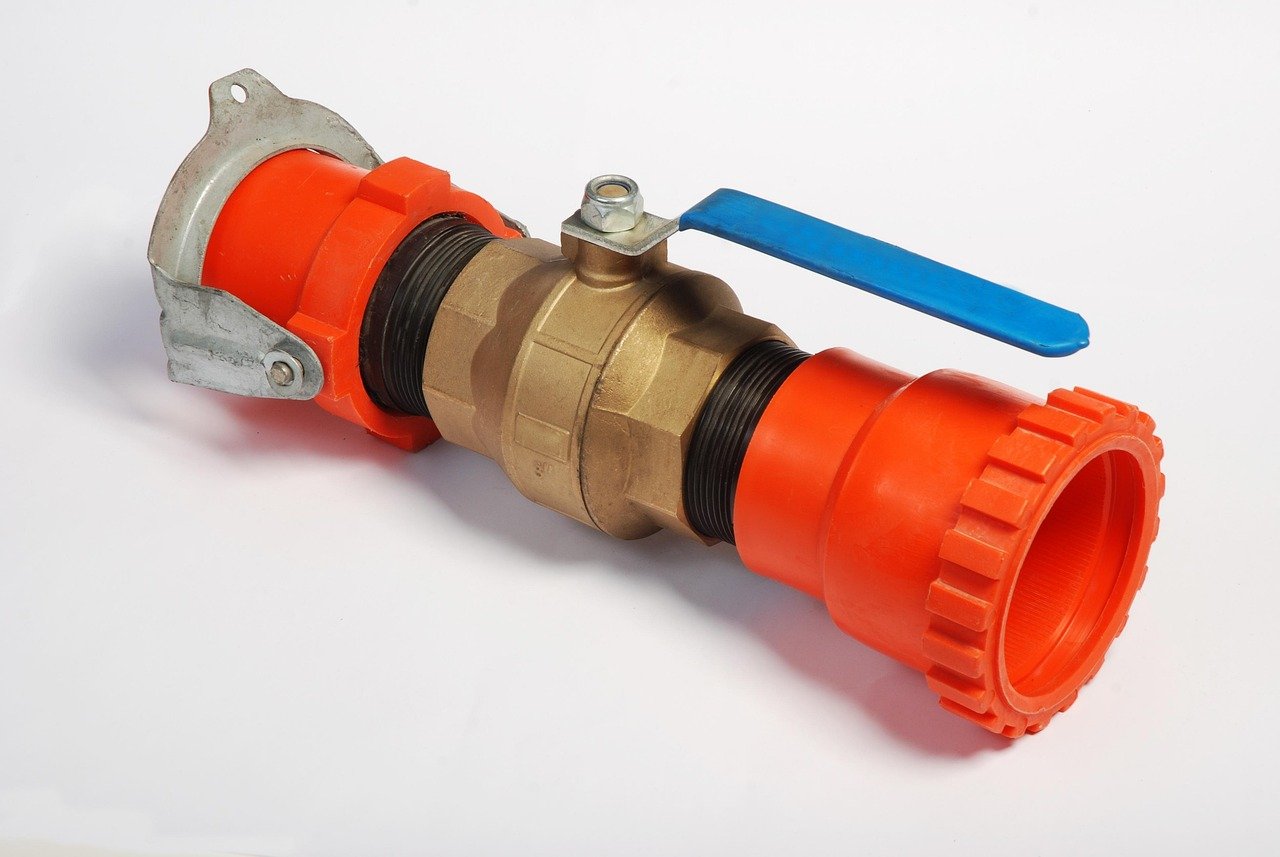Valve Casting
At Syncraft Precision, we produce custom industrial casting products that deliver precision and durability across industries such as mining, marine, and agriculture. With a focus on custom marine components for boats and mining equipment for heavy industries, our solutions are built to perform in the most demanding environments.
- Home
- Valve Casting
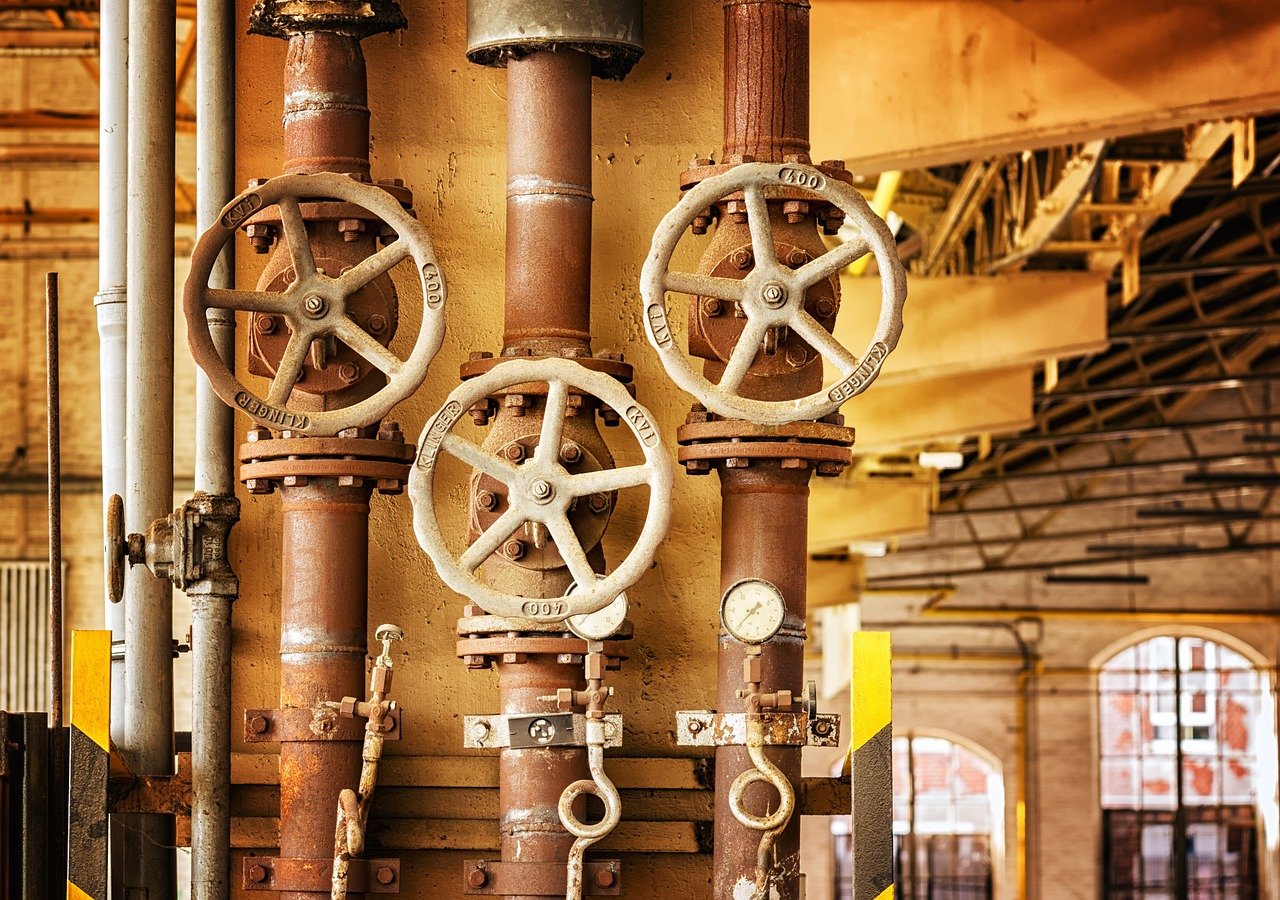
Valve Casting
The process typically involves materials like stainless steel, carbon steel, and other alloys that offer resistance to corrosion and wear, which are vital for valve components exposed to high-pressure environments and aggressive media. Valve casting is commonly used in industries like oil and gas, chemical processing, power generation, and water treatment, where valves must withstand extreme conditions and ensure safety.
At SynCraft Precision, we utilize advanced investment casting techniques to produce high-quality valve parts with superior accuracy and durability. Our process ensures that each valve component meets industry standards for performance and longevity, contributing to efficient operations and reduced downtime for our customers.
Valve Casting Process

Durable casting for precise fluid control in high-pressure industrial systems.
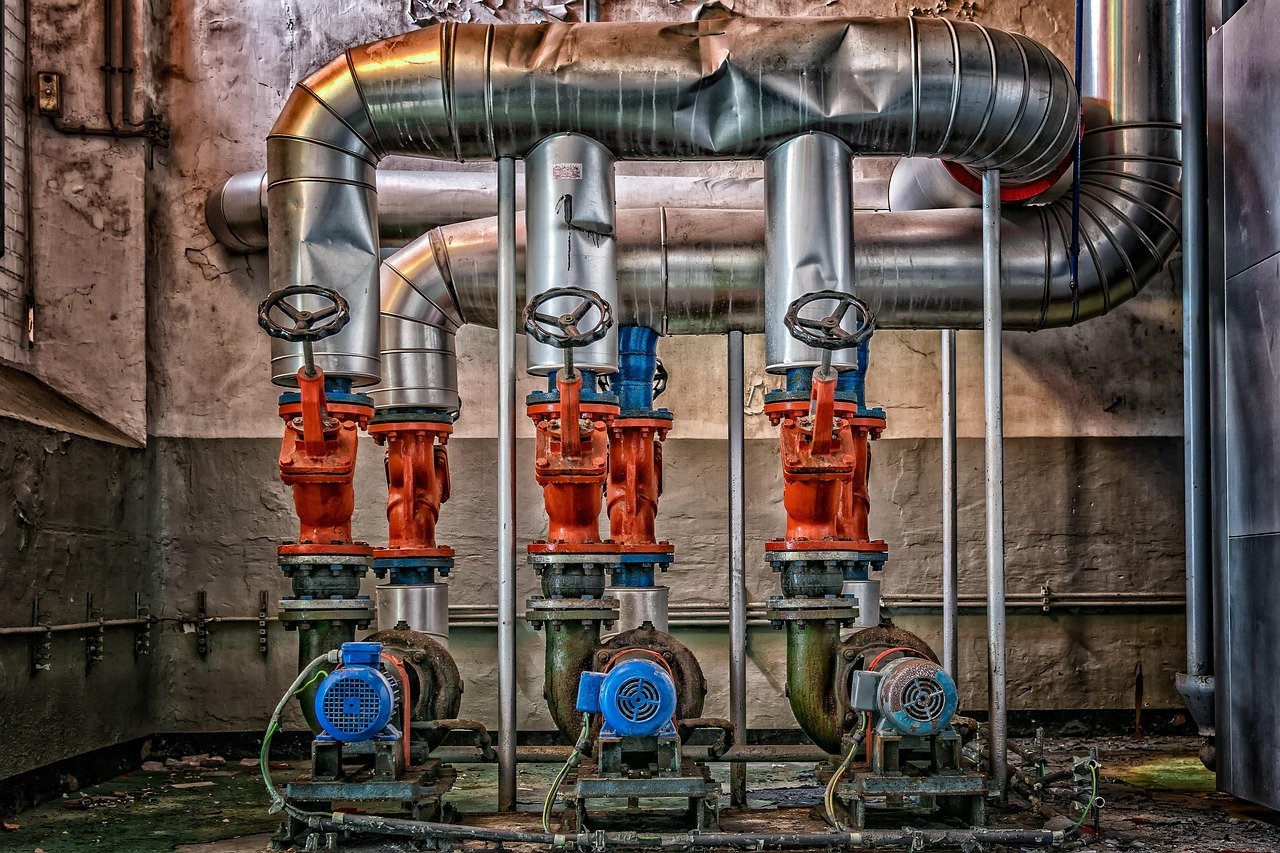
Durable casting method using reusable molds for consistent, high-quality parts.
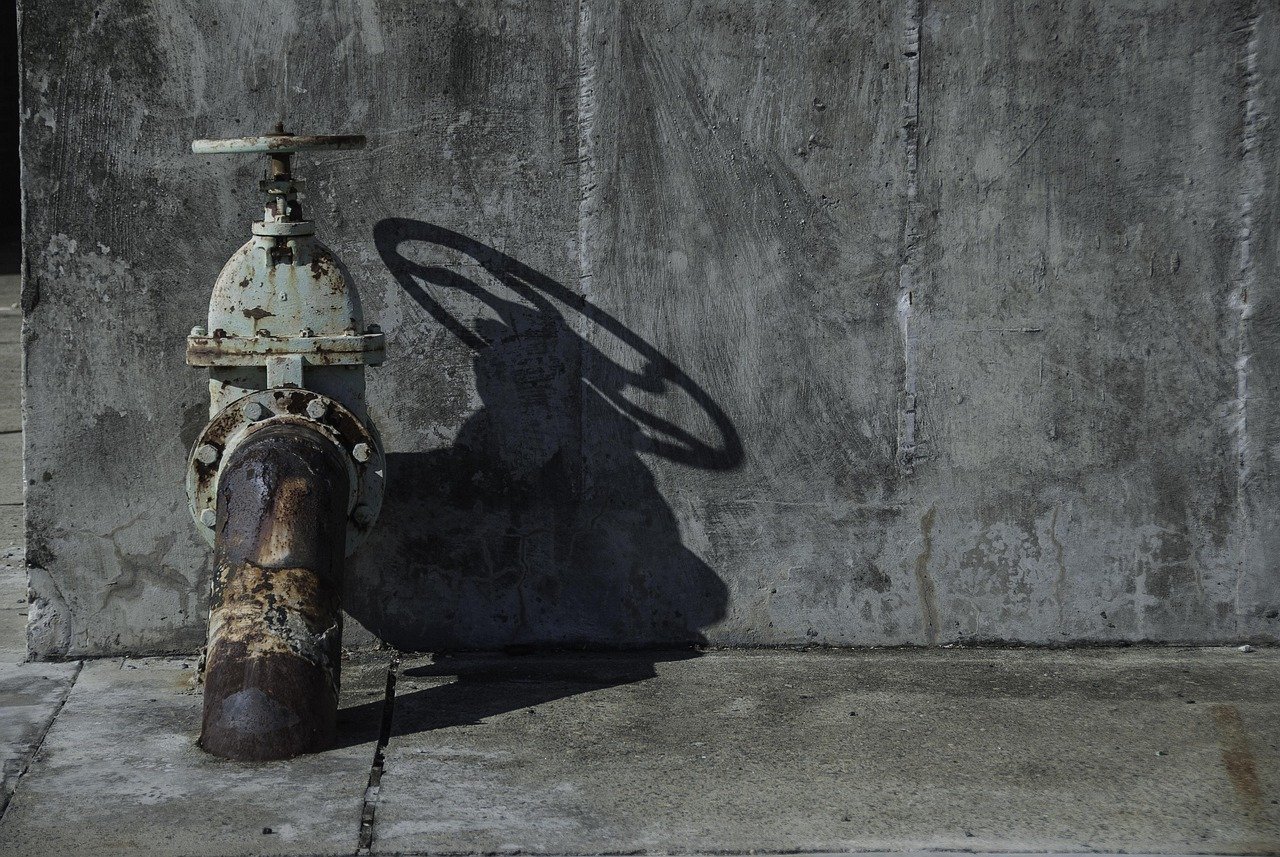
Precision casting method using foam patterns for complex, accurate metal parts.

Heat metal until molten to pour into the mold.
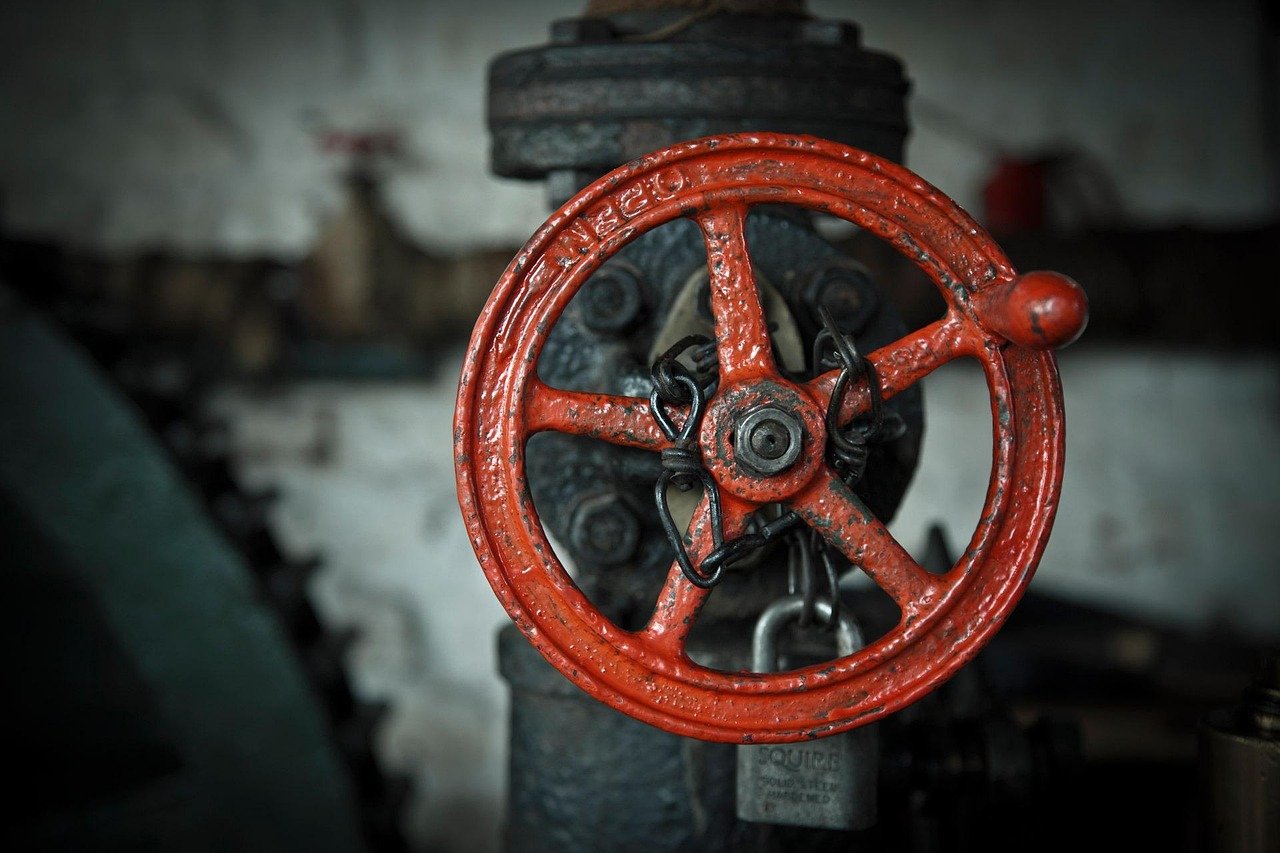
Carefully pour molten metal into the prepared valve mold.
Common Material Grades of Valve Casting
| Material | Application | Product Feature |
|---|---|---|
| Carbon Steel | General Purpose Valves | High Strength and Durability |
| Stainless Steel | Corrosive Environments | Excellent Corrosion Resistance |
| Ductile Iron | Water and Sewage Systems | High Impact Resistance |
| Cast Iron | Low-Pressure Valves | Cost-Effective and Rigid |
| Alloy Steel | High-Temperature Applications | Enhanced Heat Resistance |
| Bronze | Marine Applications | Excellent Corrosion Resistance in Seawater |
| Brass | Low-Pressure Valves | Good Malleability and Machinability |
| Inconel | Extreme Temperature and Pressure | Superior Strength and Oxidation Resistance |
| Hastelloy | Chemical Processing | Exceptional Corrosion Resistance |
| Monel | High-Performance Valves | Excellent Strength and Corrosion Resistance |
Types Of Valve Casting
Traditional method using sand molds for complex valve shapes.
Precision casting with wax patterns for intricate valve designs.
High-pressure method for producing durable, high-quality valve parts.
Rotational casting for producing cylindrical valve components with uniform density.
The Primary Valve Casting
SynCraft Precision specializes in high-quality primary valve casting, offering precision-engineered solutions that meet the most demanding industry standards. Our advanced investment casting process ensures each valve component is crafted for optimal performance, durability, and reliability. Whether for high-pressure systems or complex fluid control applications, our primary valve castings provide unmatched strength, accuracy, and functionality to support critical operations. Trust SynCraft Precision for the excellence and consistency you need in valve components.
